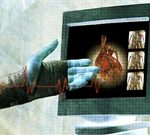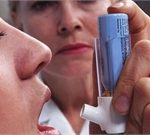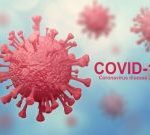
As the world reels from the coronavirus pandemic, researchers say religion may provide protection from so-called deaths of despair, new research suggests. The study, conducted in 2018-2019, found that those who attend worship services once a week are less likely to die by suicide, drug overdoses or alcohol poisoning. “These results are perhaps especially striking amidst the present COVID-19 pandemic,” study lead author Ying Chen, a data scientist at Harvard University’s Institute for Quantitative Social Science, said in a university news release. Previous research has shown that religion may play a part in lowering risks related to despair, such as heavy drinking, substance misuse and suicide, researchers say. “Despair is something that can confront anyone dealing with severe difficulties or loss,” said Tyler VanderWeele, a professor of epidemiology at Harvard T.H. Chan School of Public Health. “While the term ‘deaths of despair’ was originally coined in the context of working-class Americans struggling with unemployment, it is a phenomenon that is relevant more broadly, such as to the health care professionals in our study who may be struggling with excessive demands and burnout, or to anyone facing loss,” he added. “As such, we need to look for important community resources that can protect against it.” For this study, researchers collected data on more than 66,000 women who were part of the Nurses’ Health Study II and… read on >


















